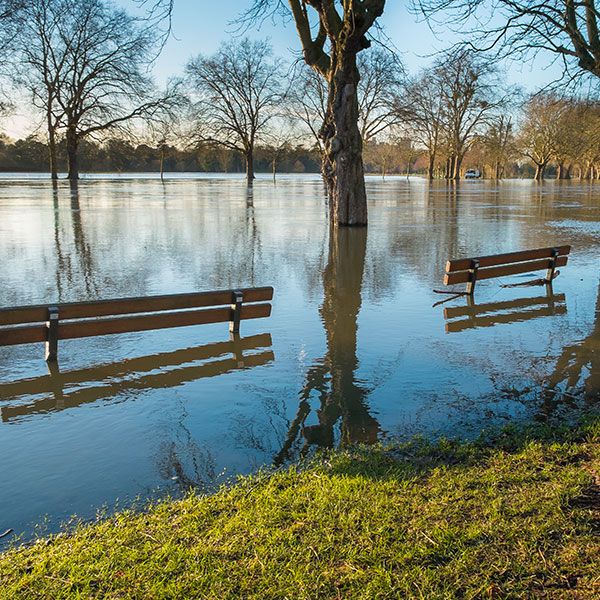Evolving technology is a game-changer for marine cargo
11th March, 2019
The UK has always been a sea-trading nation, from the tea clippers of the mid 19th century to the large container ships of today. While modes of transport may have changed, the aim remains the same: to ensure goods reach their destination as quickly as possible, in tip-top condition.
Likewise, the insurance market that underwrote the early clippers is still continually looking for ways to make the management and transfer of risks associated with transporting more efficient. Previously, risk engineering in the field of marine cargo insurance was more an art than a science. With different cargoes on every journey, it was difficult to assess how goods would react to such factors as external climate and internal storage conditions.
Now, with the use of sensors and advancements in the interconnectedness of devices, technology is turning risk engineering into a science. Sensors can track and trace crates of cargo from the beginning of the journey to the end. For risk engineering and loss prevention experts, the real-time data produced is hugely valuable, giving far greater insight into how better to pack crates to reduce losses, for example.
Parsyl Inc is a supply-chain data platform start-up that uses a combination of sensing hardware and data-mining to give shippers and insurers real-time information into the conditions of sensitive products as they move through the supply chain. Data gathered about the way goods react to such factors as light, acceleration, temperature and moisture helps risk engineers assess risks, and underwriters price and tailor coverage.
This data also teaches how to make shipments safer, showing the optimum times and conditions for goods to be transported, which makes some cargoes a more attractive risk for insurers. Frozen goods, for example, have been harder to insure because they are so sensitive to changes in temperature. Sensors that notify of fluctuations in temperature and enable the problem to be instantly rectified will greatly increase insurability, as well as reducing supply-chain disruption. The quality of goods will also be improved, potentially enabling a higher price to be achieved when sold.
As technology develops, there are benefits throughout the insurance process. As well as greater risk engineering information, claims departments will be notified of incidents immediately and measurement of losses carried out more quickly, simplifying the claims process.
These are incredibly exciting times for risk engineering teams, as the power of data derived from sensors and interconnected devices transforms the way marine cargo risk is assessed, managed and priced and transferred.
Source: ‘Sea-change: how technology is changing the transportation of goods’, Pascal Matthey, Senior Marine Risk Engineer, AXA XL

